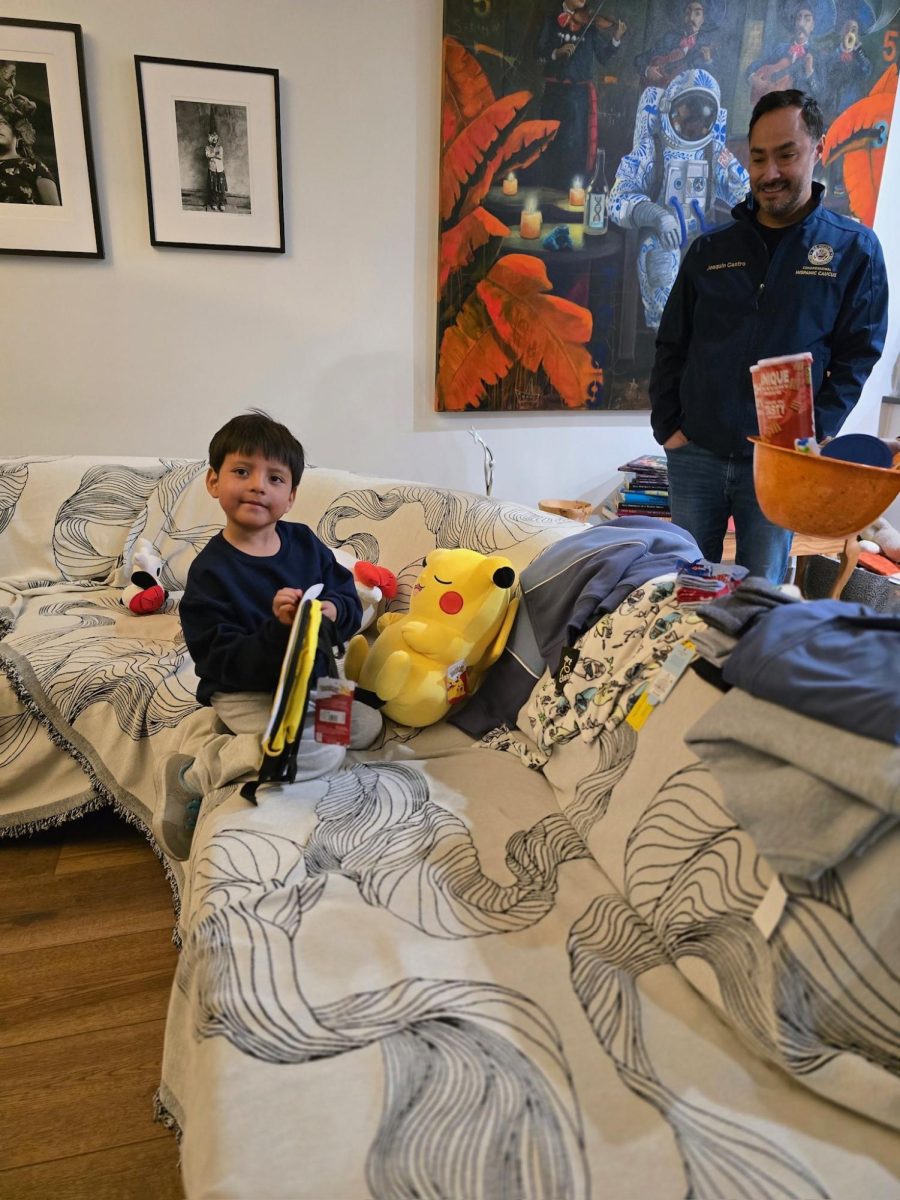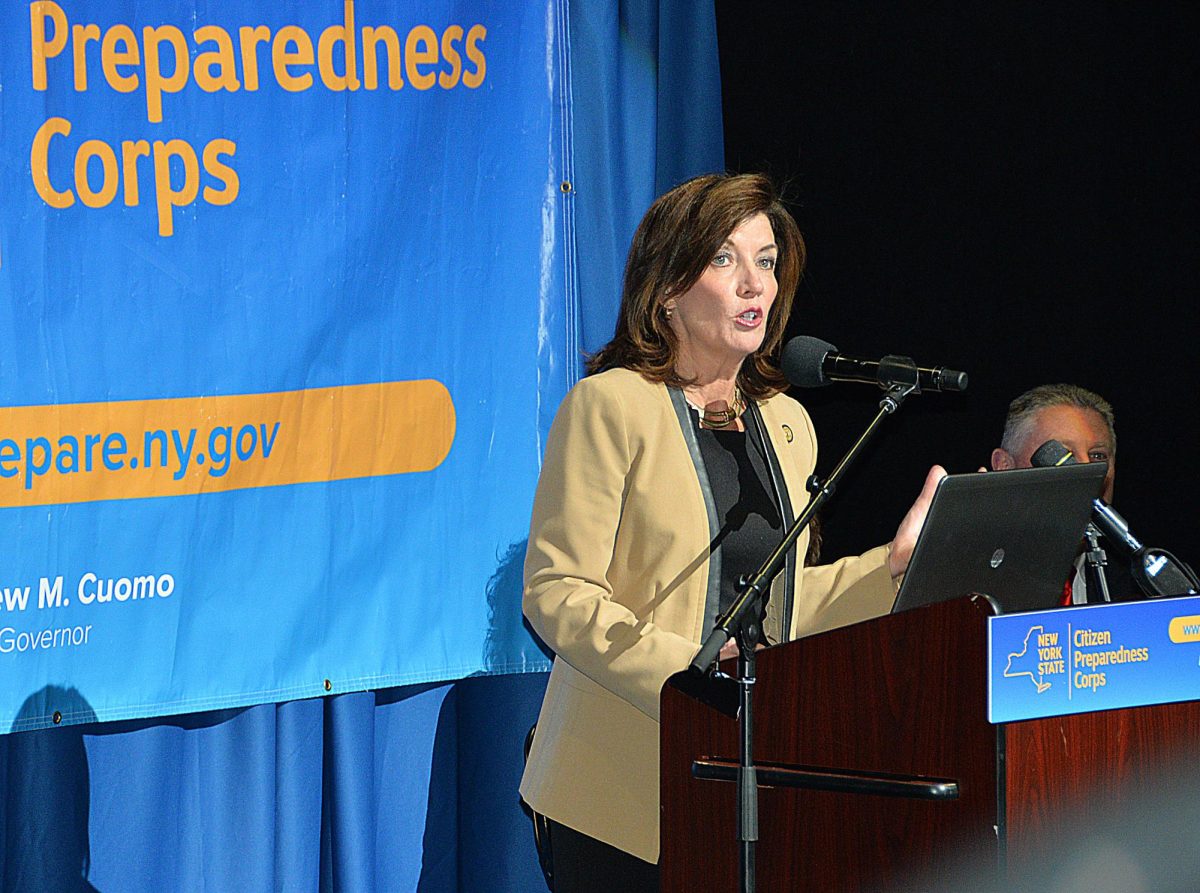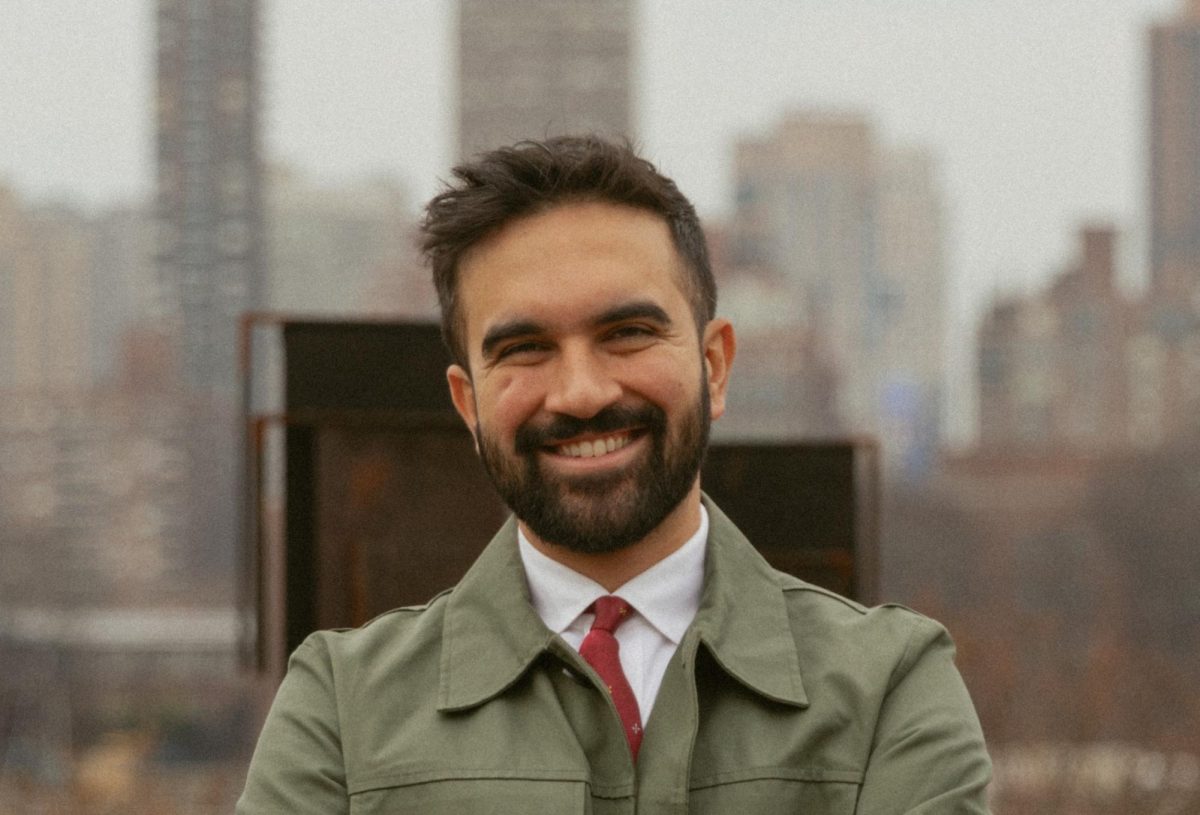
Proverbially known as a commuter school, Baruch’s club life is overlooked, and often, students rush to lectures and open-internship fairs in lieu of getting involved with the clubs around campus. Over 100 clubs reflect the diversity of the college’s population—their interests, talents and cultures—giving students an opportunity to connect with one another on common grounds. Led by their club president Naja Aldefri, Women in Islam has its place in the Baruch’s on-campus mosaic of clubs, working diligently to make students more aware of Islamic practices.
“As the president, as a woman and someone who wears a hijab, I feel like there is a lot of misconception about women being oppressed, being told that they aren’t being themselves or that their parents or male dominant are giving orders,” said Aldefri.
At Baruch, Women in Islam connects the culture of Islam with the business world in America, empowering and motivating business students to not restrict themselves. The club encourages its members to be more outgoing and social by fostering an on-campus community and works to demonstrate the actual role of women in Islam.
According to Aldefri, people often misunderstand the dress practices of Muslim women: “covering-up” is not a form of oppression. The hajib is an open form of expression; appearance is a representation of oneself and having the option to dress with a hajib is empowering. Aldefri explained, “The way you dress and the way you look does not make you more free. If I have great faith, and I believe in God or dress a certain way, then I am free because I chose to dress this way.”
Women in Islam stresses the notion that Islam promotes gender equality. By linking life and culture in the United States with the Islamic practices, the club seeks to inform students about how the religion fits into the framework of American life, specifically in regards to promoting education for women. More importantly, through regular meetings, the club and its leaders teach that relying on others is not the way to get by. “We get rid of this idea by providing women with resources, more knowledge and different topics [at the meetings],” said Aldefri.
The club holds a general meeting every Tuesday, exploring topics related to Islam, to gauge the interest of students curious to learn about Women in Islam. They aim to get students involved by discussing more than just religion, giving them the opportunity to also learn about time management as a student, how to communicate better and how to be happy with themselves. “Personally, I try to have topics that will include things that students go through and, at the same time, linking it to religion. For example, how to manage stress—how did the Prophet manage stress? How to be a better person, before you can be a better Muslim,” said Aldefri.
Students are kept involved in the club through presentations from public speakers who offer their views of the culture and the religion in a broader context. The events held by Women In Islam aim to make students more spiritual and confident. By folding in Islamic lessons with lessons on communication, students are taught to be themselves and to not be afraid of representing themselves.
Most recently, Women In Islam partnered with Baruch’s Muslim Student Association for an event about preventing Islamophobia, further addressing misconceptions about the religion and how equality is extremely important in practicing the faith.
Their main focuses—and most successful meetings and events, according to Aldefri—have involved teaching that Islam is not a religion that discriminates. The religion is not only practiced by Asians, Africans or Arabs, and Women in Islam plans to continue to inform students about the widespread practice of Islam.
Aldefri believes that is important for students to empower themselves by formulating their identities through their own decisions. Aside from teaching the practicalities of the religion and providing tips to being an effective student and contributor to the world, Women in Islam also offers fashion tips, teaching women how to simultaneously be modest and fashionable.
They are an active part of student life at Baruch, offering students the opportunity to pray in a quiet area and the opportunity to learn more about the role of women in Islam. The club holds regular meetings and is open to all students, regardless of gender of religion.








Women in Islam Work to Break Down Barriers | Dateline: CUNY • Mar 9, 2016 at 3:52 pm
[…] As seen in https://theticker.org/women-in-islam-educates-on-gender-inclusion […]
Women in Islam Work to Break Down Barriers | Dateline: CUNY • Mar 9, 2016 at 3:52 pm
[…] As seen in https://theticker.org/women-in-islam-educates-on-gender-inclusion […]